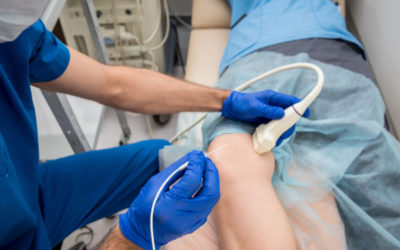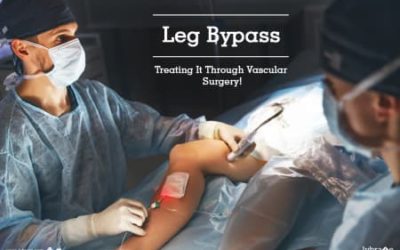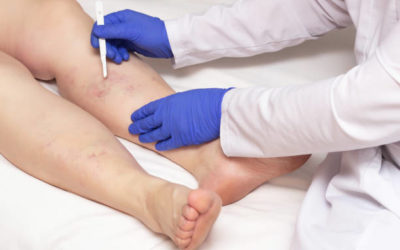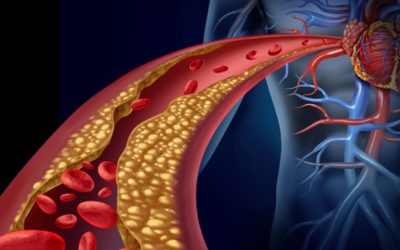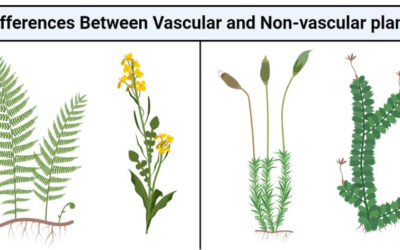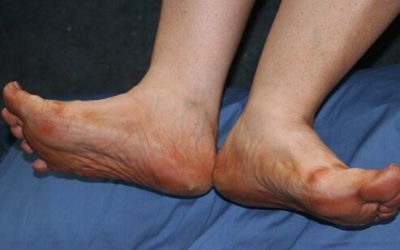The vascular surgeons are the doctors who specialize in treating blood vessels and blood flow. They are the specialists in the area of vascular surgery, which includes arteries, veins, and lymphatic vessels.
These specialists usually work in the hospitals or clinics where the patients are taken care of. Vascular surgeons perform surgeries for the removal of blood clots, repair of blood vessel damages, and for the creation of artificial blood vessels.
They can also treat diseases like varicose veins, liposuction, spider veins, and many more. They can also perform laser treatments on the blood vessels. They can also perform surgical procedures like carotid endarterectomy, carotid artery stenting, carotid artery bypass, etc.
Vascular surgeons are also responsible for removing blood clots from the heart and lungs of the patients. They also perform operations to remove aneurysms and other problems related to the heart. These surgeries are very dangerous and should be performed only under the supervision of a vascular surgeon.
The most common types of vascular surgeons:
In this article, I am going to tell you about some of the most common types of vascular surgeons.
Aortic surgery: Aortic surgery is one of the most dangerous procedures. These are surgeries that can be done on the aorta or the main blood vessel that is located at the top of the chest. These surgeries are also called as thoracic aortic surgery or open heart surgery. The goal of these surgeries is to replace the aorta with an artificial graft. These surgeries usually involve opening the chest area and opening up the heart.

There are many complications associated with these surgeries and these include severe bleeding, stroke, and death. This procedure is usually done to treat aortic aneurysm or aortic dissection.
Vein bypass: Vein bypass is another surgery that is performed by a vascular surgeon. These are surgeries that involve creating a new path for the blood to flow from one place to another. This is usually done to treat the symptoms of leg ulcers or gangrene. It is also used to treat chronic venous insufficiency.
The procedure involves cutting the vein and then sewing it back together
Varicose veins: Varicose veins are veins that have become dilated. These veins can be very painful and can cause itching and unsightly appearance. They can also cause problems like swelling of the legs.
This condition is usually caused by obesity, pregnancy, long standing sitting, and hormonal changes. It can be treated by compression stockings and laser treatments.
Liposuction: Liposuction is a surgical procedure that is performed by a vascular surgeon. It is used to remove fat from different areas of the body. These include areas like abdomen, arms, hips, thighs, etc.
These procedures can also be used to treat obesity and other diseases related to excess fat accumulation. The goal of liposuction is to remove all the fat from the area where the procedure is performed. It can also be done in combination with other surgeries.
Laser treatment: Laser treatment is another method for treating vascular conditions. It is a type of treatment that is used to treat veins that have become dilated or hardened. This can also be done to treat certain types of varicose veins or spider veins. It can also help in treating lipodystrophy, cellulite, and acne.
It is also used to treat blood vessel malformation, scars, and keloids. It can also be used to treat certain types of leg ulcers.
Carotid endarterectomy: Carotid endarterectomy is the most common type of surgery that is performed by a vascular surgeon. It involves removing plaque from the carotid artery which is located in the neck. This can be performed on one or both sides of the neck.
The goal of this procedure is to prevent stroke or other neurological disorders in the future. This is usually done when the patient has high risk for a stroke or stroke symptoms.
Aortic stenting: Aortic stenting is another surgery that is performed by a vascular surgeon. This involves creating an artificial vessel for the blood to flow through.

